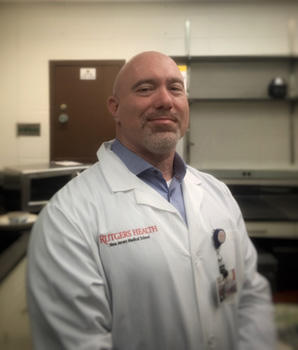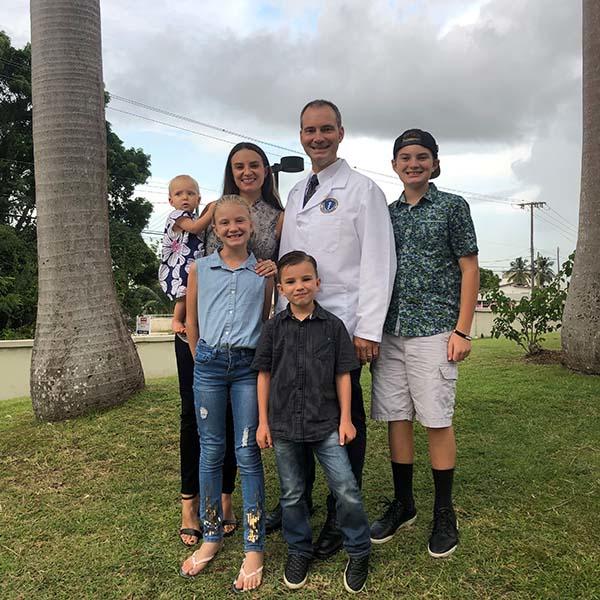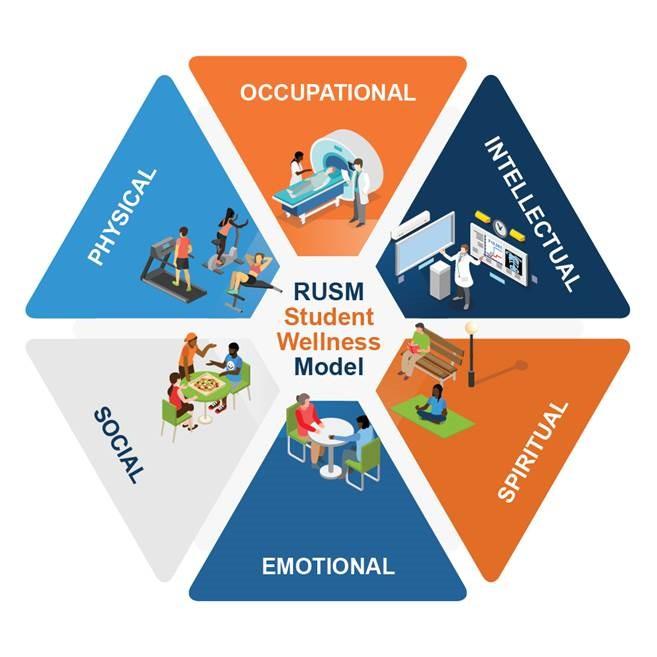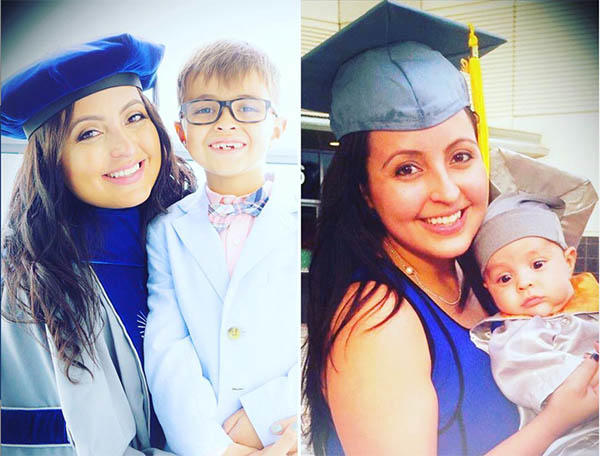The haphazard collection of COVID-19 data and the prolonged contact tracing process leads to an impatient public that now questions virus immunity, mutations and quarantine times. They hear scientific experts and government leaders argue between truth and propaganda, and remain hesitant about whether to vaccinate for the pending flu season. Ross University School of Medicine (RUSM) alum John Webb, MD, MBA, DC, a preventative medicine and public health resident at Rutgers New Jersey Medical School, has his own take — the entire U.S. needs at least a two-week shutdown to gain control of this reckless virus, students should stay home and above all else, self-protection is vital.
“When COVID-19 hit, it was like the 9-1-1 terrorist attack — there was chaos and fear because there were so many unknowns. We didn’t know if another explosion was coming or what was around the corner. There was a void of knowledge and we walked around in hazmat suits like the apocalypse was coming. The scary thing is we didn’t, and we still don’t, know how dangerous this virus really is. If all 50 states and the federal government were on the same page, promoting the same plan of action and following a strict stay-at-home plan for at least two weeks, then we could break the virus’ back.”
To succeed, residents would shelter and test after two weeks. Those infected would remain in quarantine; once cleared for a couple weeks, they would undergo an antibody blood test to confirm they were infected — research that is critical to the success of a COVID-19 vaccine. Implementing one cohesive testing method that regulates the collection and interpretation of data while utilizing comprehensive contact tracing could get the U.S. on the road to recovery.
Virus Can Trick Immune System
“This virus can shift and make itself weaker; it now appears to be mutating to a gentler form so it can stick around and become an endemic. Your immune system is like a specialized emergency service team with the ID of the bad guy. The specialized immune cells know what he looks like and spend all day strolling through your body to kill it. But now the bad guy has changed his characteristics — and multiplied — so the special team doesn’t recognize it, which means they can’t fight it. No matter how many times you’re exposed, the virus continues to attack your system, which puts out such a robust response that it begins to damage your body. This is how influenza, or ‘the flu,’ has remained viable for at least 500 years and continues to kill over 40,000 people each year in the U.S. alone.”
John and his team are advising the New Jersey Department of Health on contact tracing, prevention, epidemiological methods and best practice protocols on COVID-19 testing as well as constructing an evidence-based protocol for testing the large, vulnerable homeless population in New York and New Jersey. “What do you do with a person who is infected with the virus but doesn’t have a home to quarantine and can’t get care? There’s a whole population of people who are creating a new cluster of spread in the community because they have nowhere to go.”
What’s Next?
John describes the unhealthy push-pull between public health officials and politicians regarding next steps, which has resulted in ignored reports and impulsive resignations of top healthcare experts. And then there’s the mixed reviews about reopening schools — a disjointed, one-semester hybrid plan with an underlying fear that will likely result in a subpar learning environment. “There are so many factors to going back. They won’t be there long enough for mental-health benefits. Whose kids’ lives are worth the risk?” He supports online learning, a proactive 21st century model for education and the workplace.
Despite all the uncertainties, John recommends vaccinating this flu season to prevent a compilation of viruses. “We already have a viral illness going around that will weaken your entire respiratory system. If you add the flu on top of COVID, it could become a super infection which can be deadly. This is akin to having a tornado and a hurricane at the same time, creating ultimate devastation.”
Currently, any details on the virus are educated guesses that may change as more information is garnered. The safest route remains wearing a mask, social distancing and washing hands, a protocol he likened to practicing safe sex. Birth control is the first point of protection that doubles when a condom is used. Neither is 100% effective but the risk is lessened and each serves as a back-up measure for the other. Likewise, wearing a mask is the first safety step that doubles when dual masks are worn. The six-foot distance safeguards even further and lessens the risk of a respiratory droplet penetrating the mask. “Every additional step you take severely reduces your odds. Wearing a mask may not be fun but it works as a barrier. Standing apart protects you from any particles that escape the mask and land on you. And washing your hands is essential — with soap and water or alcohol-based products. Wash them like you have poop on them — don’t touch your face, wash them longer and clean the creases and fingernails. Just use common sense.”
About John Webb
John’s first five years of life were spent with medical specialists who treated his benign ear tumor, chronic bronchitis and bilateral club feet. “Doctors were my heroes,” he recalled. “It amazed me what they did and the compassion they showed me.” Starting as a chiropractor, John built up a successful practice but longed for more. He eventually changed direction, enrolling at Ross University and starting his medical career in internal medicine. Tragically losing his parents forced him to further soul search and determine his legacy, which soon became obvious.
“We do all the curative things but what if my parents’ health problems could have been mitigated and they could have had a better life? I wanted to completely focus on the wellbeing of patients to prevent future suffering. Preventive medicine and public health allow me to change outcomes for large numbers of patients. I feel fortunate to have had the clinical experiences and great attending physicians during my 3rd and 4th year as a medical student at Ross University. These doctors set a high bar and showed me what compassionate and competent medical care is. Each day, I do my best to represent them and RUSM in the best light possible.”
Appreciative and Thankful
We appreciate your commitment to the continued well-being of our RUSM community and support during this unprecedented time. Please visit the RUSM website for the latest updates regarding COVID-19.




